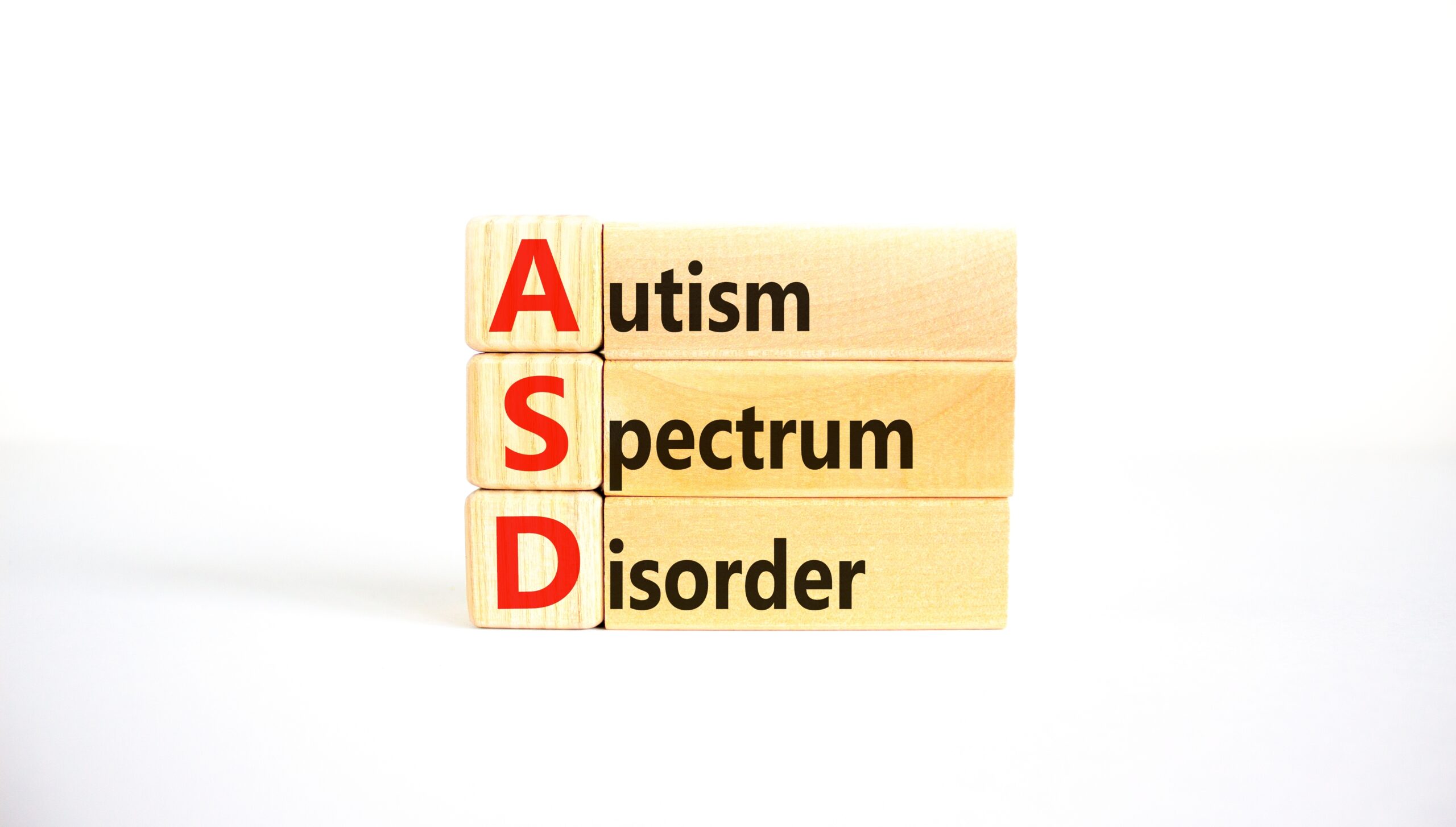What if the best way to keep your brain sharp isn’t hidden in an expensive app, but in the ordinary minutes you spend moving, eating, sleeping, and laughing each day?
Story Snapshot
- Simple daily habits have a greater impact on brain health than specialized brain-training products.
- Physical activity, sleep quality, diet, social connections, and mindfulness are the most scientifically validated strategies for cognitive resilience.
- The commercial brain-training industry’s claims have been largely discredited by leading academic and medical institutions.
- Major health organizations now advocate for holistic, accessible approaches to preventing cognitive decline.
Brain Games vs. Daily Habits: The Real Science of Cognitive Health
Commercial brain-training programs exploded in popularity in the early 2000s, promising to stave off memory loss and mental decline. Companies like Lumosity and BrainHQ sold the tantalizing idea that a few minutes of digital puzzles could keep the mind razor-sharp as we age. But as the dust settled, academic researchers and public health leaders began to challenge these claims. Rigorous studies revealed that while these games might improve your ability to play them, their benefits rarely transfer to real-world thinking or protect against long-term cognitive loss.
In contrast, the most reliable path to a resilient mind comes from routines as mundane—and as attainable—as lacing up your walking shoes, sharing a meal with friends, or sticking to a regular bedtime. A growing body of research from Harvard, UCLA, and the Mayo Clinic points to five pillars: regular exercise, restorative sleep, a nutrient-dense diet, social connections, and mindfulness. These lifestyle factors, backed by longitudinal and population-level studies, consistently outperform brain games in supporting memory, processing speed, and emotional balance.
The Lifestyle Revolution in Brain Health Policy
This scientific pivot changed the course of public health messaging. In the last decade, organizations from the Alzheimer’s Association to the CDC have shifted their recommendations, urging older adults and at-risk populations to adopt holistic routines over quick fixes. The Mediterranean and MIND diets—rich in leafy greens, berries, nuts, and fish—have shown the power to reduce Alzheimer’s risk and slow cognitive decline. Mind-body practices such as yoga, tai chi, and structured mindfulness have demonstrated the ability to physically rewire the brain, increasing connectivity and gray matter even in older adults.
Healthcare providers are now championing these habits not only for their cognitive benefits but also for their ripple effects on mood, energy, and overall quality of life. As the scientific consensus has grown, the lucrative brain-training sector has faced regulatory scrutiny, and its influence has waned. Meanwhile, fitness, nutrition, and wellness industries have seized the opportunity, expanding their offerings to address cognitive health as a key component of aging well.
Expert Consensus and the New Paradigm of Prevention
Leaders in neurology and geriatrics have made their positions clear. Dr. Helen Lavretsky at UCLA notes that mind-body practices “can change the biological stress response and result in more resilient outcomes, mental and physical.” The Mayo Clinic reinforces that physically active people are less likely to experience cognitive decline and have lower risk for Alzheimer’s disease. Even the most respected sources, like Harvard Health, emphasize that while some mental decline is common, cognitive impairment is not inevitable—and prevention starts with the simple choices you make each day.
These recommendations are echoed globally, with cross-referenced studies showing consistent results. The big takeaway for anyone over 40: you don’t need to outsmart aging with digital wizardry. Instead, the daily acts of moving your body, nourishing your mind with sleep and real food, and staying socially and emotionally engaged are the most powerful tools for protecting your brain. The evidence is so compelling that policy-makers are now investing in community programs and public campaigns to spread this message, aiming to curb the rising tide of dementia and reduce healthcare costs.
Practical Implications: What This Means for You
Short-term benefits from these lifestyle shifts include better memory, mood, and stress resilience. Over years, these habits translate to lower rates of dementia, a longer healthspan, and greater independence. For healthcare systems, the payoff could be immense: fewer people needing costly care, and more aging adults living vibrant, connected lives. The challenge now is not in proving what works, but in motivating individuals to prioritize these changes amid modern distractions and routines.
As the science stands, the best prescription for your brain is not found in a bottle or a brain game, but in the everyday choices you make. That’s a revelation worth acting on—because the most powerful habits are the ones within reach, ready to be put into practice today, and proven to matter more than any cognitive quick fix ever sold.
Sources:
Harvard Health: 12 Ways to Keep Your Brain Young
Mayo Clinic Health System: 5 Tips to Keep Your Brain Healthy
Alzheimer’s Association: 10 Healthy Habits for Your Brain
UCLA Health: Boost Brain Health with Daily Lifestyle Practices








